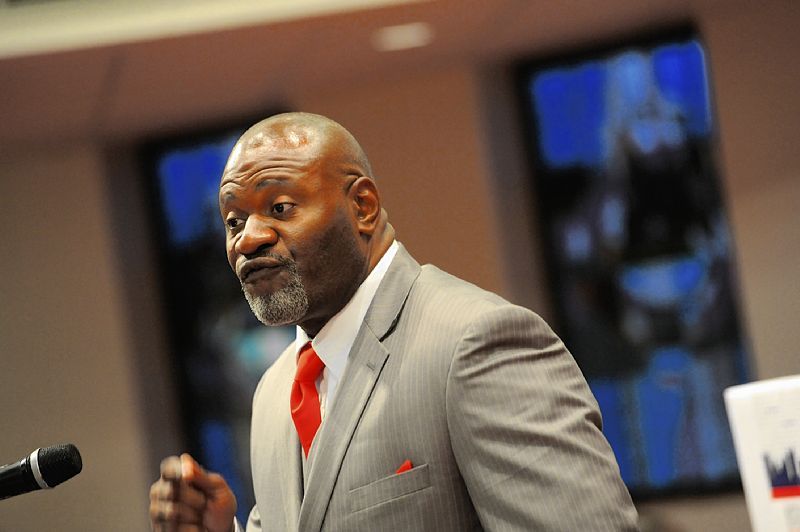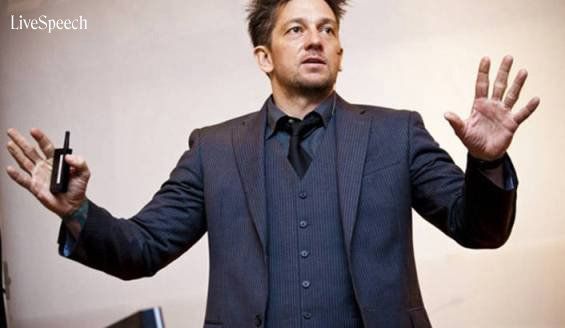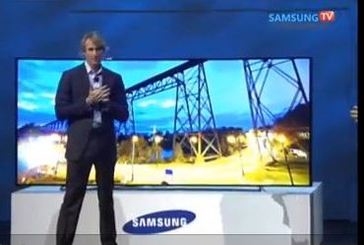Not all errors are worth pointing out.
In public speaking, there are certain things speakers/presenters do that could damage their credibility in front of the audience. Some of those things are content-oriented and some are speaker-oriented. One of them is apologising to the audience.
Should You Apologise to The Audience?
Now, this is not to say that it's utterly bad to apologise. The key thing here is to know when to say sorry to your audience and when to simply ignore and move on.
For example, if you had planned a PowerPoint presentation to include a sound-clip or a voice-over (tricky thing to do; be careful!), when you get to that part of the presentation and your clip fails to play, should you apologise to the audience about it, or just move on to the next slide as if nothing happened?
This can go two ways.
FIRST, if the audience did not know about the clip and there is no way for them to know that something is missing, then you should simply get on with your presentation and leave out that "Oh, I'm sorry the sound clip is not coming up".
Why? Because by apologising for your error, you are actually drawing the audience's attention to something that they didn't even notice about your presentation!
SECOND, on the other hand, if the failure of the clip leaves a big hole in the continuity of your presentation (depending on what function it was meant to perform), then you should consider tendering an apology. That is the polite thing to do.
There are other instances when things could go wrong during a presentation. Remember Murphy's Law? It says: "If Anything Can Go Wrong, It Will". So don't ever be too sure nothing unexpected will happen (even your laptop could crash on the morning of an all-important presentation).
The simple advise to follow is this: withhold your apology if you're sure the audience cannot notice the flaw/error/omission, or whatever. You'd only be calling their attention to your (apparently) poor preparation and then your precious reputation as an expert/professional might come under heavy gun fire!
But, what happens if you completely mis-judge the audience's perception and fail to apologise for something that even a blind man in the audience could see is missing or very wrong with your presentation (the classical elephant in the room)? I hate to even think of it. God help you!
[Related article: Building Confidence in Public Speaking]
How Do You Make The Right Decision?
Perhaps it is easy to see now that there is a fine line between what you should apologise for and what you should simply ignore. It takes some degree of cleverness to determine which is which in any given situation. The decision is actually contexual and wholly depends on the particular situation that you're in. Failure to take the right decision at the right time could mean bad for your reputation in front of that audience.
One thing you can do for yourself to raise the odds that your on-the-spot decision to apologise, or not to apologise, is the right one, is to know your material down to the bones! This is one of the reasons why you must avoid giving a presentation on behalf of somebody else, unless you were actively involved in the process that created or developed the presentation (at least, to a reasonable extent). Remember, it is YOUR own reputation that will come under fire if things go wrong, not the reputation of the colleague or friend (or boss) that you're standing in for.
Full "cover-to-cover" knowledge of your presentation content, slides and equipment will guide you in making the right decision and avoid the pitfalls of excessive, unnecessary, apologies.
So, have you ever apologised to your audience during a technical or business presentation? What went wrong in your case? How did they feel about it? Please leave your comments below.










